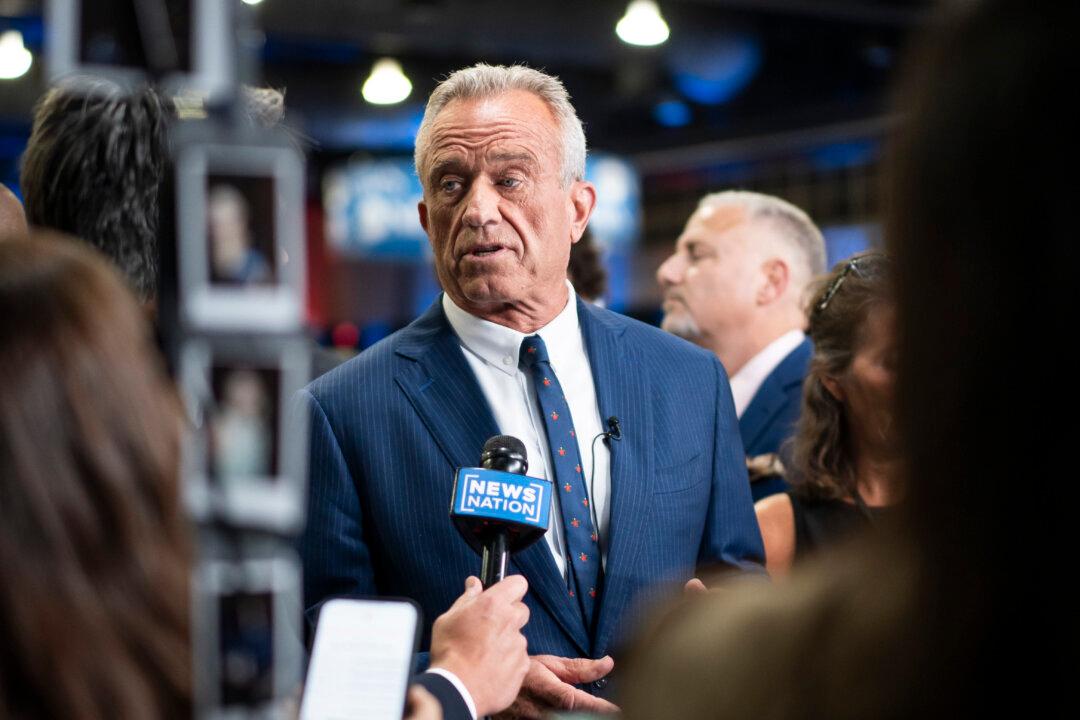Robert F. Kennedy, Jr., filed an emergency application with the U.S. Supreme Court on Oct. 23, asking the justices to remove his name from the Wisconsin ballot for the Nov. 5 election.
Absentee voting is already underway in the important swing state. Wisconsin officials have already reportedly mailed out ballots and upwards of 97,000 people voted on the first day of in-person absentee balloting on Oct. 22.





